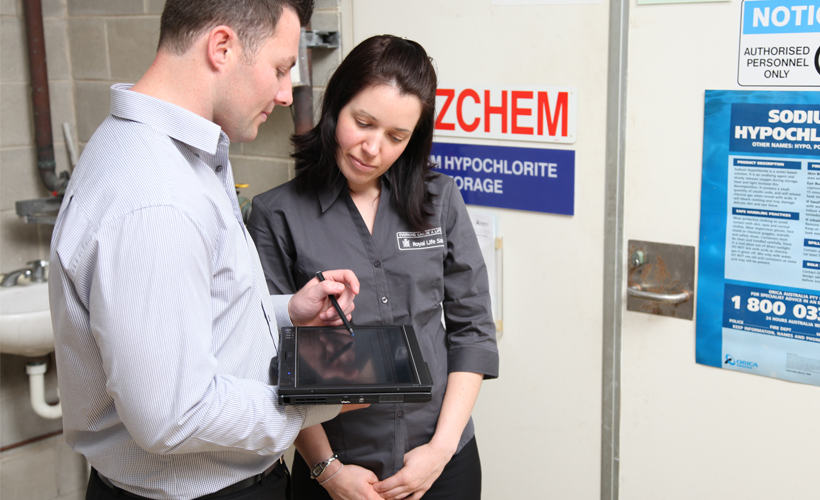Pool Safety Assessments
In 1996, Royal Life Saving introduced the Aquatic Facility Safety Assessment (AFSA) [now referred to as a Pool Safety Assessment] which provides an expert and comprehensive assessment of the operations of an aquatic facility against the provisions of the Guidelines for Safe Pool Operation, Australian Standards and relevant State and Territory legislation.

The PSA is the easiest and most effective way to gain a true assessment of the level of safety and compliance within an aquatic facility and for pool owners and operators to ensure that their facility is being managed in line with current expectations and standards.
The PSA is tailored to your facility based on the water spaces, special features and programs that you offer. The assessment is constantly reviewed by Industry experts, fully reference based and considered best practice within the Aquatic Industry.
The output of the process is a ‘safety assessment’ and ‘risk treatment plan’ which will provide information on your compliance levels and recommend practical solutions to any identified risks. Facilities are recommended to undertake Pool Safety Assessments on a regular and systematic basis. We recommend that facilities use risk exposure (attendance numbers) to determine this frequency.
Benefits of a PSA?
- Benchmark current performance against industry standards and best practice
- Gain independent and expert information and advice
- Encourage continual improvement at your aquatic facility
- Support the training and educational needs of key facility representatives
- Stay current with regulatory changes
- Reduce the likelihood and consequence of aquatic related injury and death in your facility
- Demonstrate the use of a formal risk management process
- Maintain a working relationship with the peak industry body
- Achieve recognition for safety practices
- Reduce legal risk
How often should I conduct a PSA?
Assessment frequency is recommended to be conducted on a risk exposure basis. Facilities with over 100,000 visits per year are recommended to conduct assessments at least annually. Facilities with less than 100,000 visits but more than 20,000 are recommended to conduct assessments at least every two years. Facilities with under 20,000 visits per year are recommended to conduct assessments at least once every three years.
What does RLSS do with the results of my PSA?
Assessments are delivered by auditors approved by RLSSA and assessment reports are kept commercial in confidence between RLSS and the client. The aim is to understand and treat risk exposure, ultimately making aquatic facilities safer in the long run, not punish those who are making a start. We achieve our mission by working closely with aquatic facilities and improving a shared understanding of aquatic facility safety and operations. Some audit information may be used for industry analysis or reporting.
I operate a private pool, should I do a PSA?
The PSA has been designed to highlight the compliance and safety requirements for all pools that are used on a commercial and/or educational basis. With that said, increasingly, body corporates seeking to protect their residents and their guests from harm have been booking PSA’s and working towards accreditation with RLSS.
Who conducts PSAs?
Only RLSSA licensed pool safety auditors are qualified and trained to deliver an RLSSA recognised assessment in line with the Guidelines for Safe Pool Operations. RLSSA licensed auditors are trained and externally accredited (with the Lead Auditor Skill Set) as lead auditors in integrated management systems and then must successfully pass an additional assessment by RLSSA to be issued with an RLSSA Pool Safety Auditor license. The process of issuing the license and what steps must be taken is outlined in the Guidelines for Safe Pool Operations – National Policy.
How much does a PSA cost?
The cost varies from facility to facility. A stand alone PSA cost (starting from) $2,400 (+GST). Travel cost are not included. Please contact us for cost (at no obligation).
View Royal Life Saving Standard Terms and Conditions for Aquatic Industry Services



